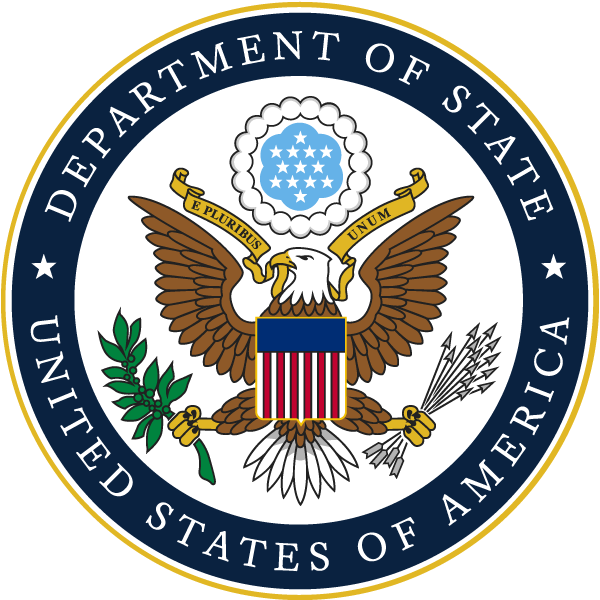Washington, DC…In October 2018, the world was horrified by the murder of journalist Jamal Khashoggi, a lawful permanent resident of the United States, in the Saudi Arabian Consulate in Istanbul, Turkey. Individuals should be able to exercise their human rights and fundamental freedoms without fear of government retribution, retaliation, punishment, or harm. Jamal Khashoggi paid with his life to express his beliefs. President Biden said in a statement released last October on the second anniversary of the murder that Mr. Khashoggi’s death would not be in vain, and that we owe it to his memory to fight for a more just and free world.

Today, the Biden-Harris Administration submitted an unclassified report to Congress, providing transparency on this horrific killing. Alongside the transmission of that report, and as part of the President’s pledge, the United States Government is announcing additional measures to reinforce the world’s condemnation of that crime, and to push back against governments that reach beyond their borders to threaten and attack journalists and perceived dissidents for exercising their fundamental freedoms.
To that end, today I am announcing the “Khashoggi Ban,” a new visa restriction policy pursuant to section 212(a)(3)(C) of the Immigration and Nationality Act. The Khashoggi Ban allows the State Department to impose visa restrictions on individuals who, acting on behalf of a foreign government, are believed to have been directly engaged in serious, extraterritorial counter-dissident activities, including those that suppress, harass, surveil, threaten, or harm journalists, activists, or other persons perceived to be dissidents for their work, or who engage in such activities with respect to the families or other close associates of such persons. Family members of such individuals also may be subject to visa restrictions under this policy, where appropriate.
To start, the U.S. Department of State has taken action pursuant to the Khashoggi Ban to impose visa restrictions on 76 Saudi individuals believed to have been engaged in threatening dissidents overseas, including but not limited to the Khashoggi killing. When identifying individuals for purposes of the Khashoggi Ban, we will also review them for designation under Section 7031(c) of the Department of State, Foreign Operations, and Related Programs Appropriations Act of 2020, as carried forward by the CA Act of 2021, which authorizes the denial of visas to them and their immediate family members as well as their public identification.
As a matter of safety for all within our borders, perpetrators targeting perceived dissidents on behalf of any foreign government should not be permitted to reach American soil.
I also have directed that the State Department fully report on any such extraterritorial activities by any government in our annual Country Reports on Human Rights Practices. The United States will continue to shine a light on any government that targets individuals, either domestically or extraterritorially, merely for exercising their human rights and fundamental freedoms.
While the United States remains invested in its relationship with Saudi Arabia, President Biden has made clear that partnership must reflect U.S. values. To that end, we have made absolutely clear that extraterritorial threats and assaults by Saudi Arabia against activists, dissidents, and journalists must end. They will not be tolerated by the United States.


